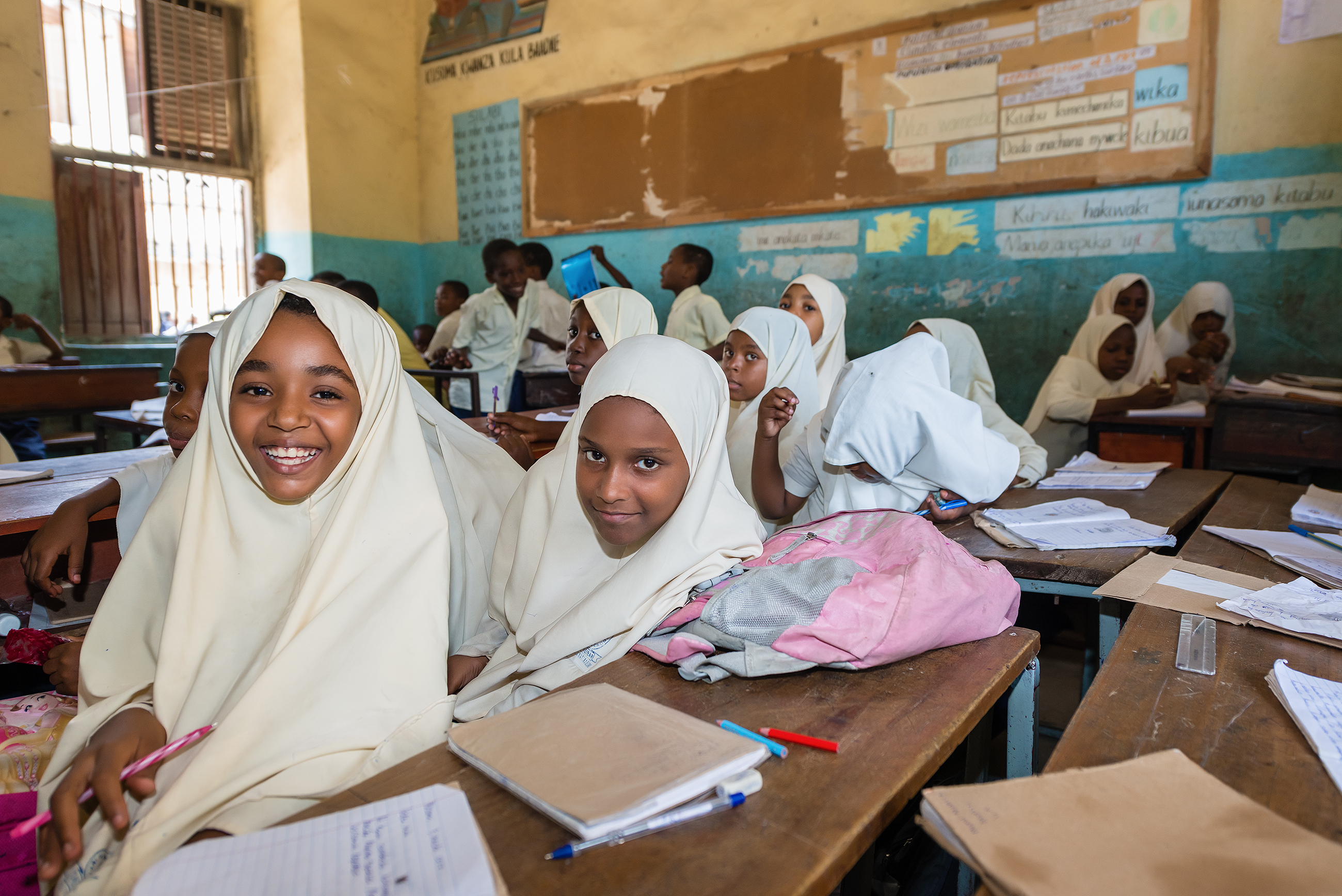Preventing Violence Against Children in Refugee-Camp Schools in Tanzania

In collaboration with IPA Tanzania and the International Rescue Committee (IRC), researchers conducted a randomized evaluation in Tanzania that found that a violence prevention program for teachers in Nyarugusu Refugee Camp had no impact on reducing physical violence against students.
In humanitarian settings, severe resource constraints and heightened livelihood insecurity contribute to a persistent risk of violence for children, even within schools.1 For example, in Nyarugusu Refugee Camp in Tanzania, school-related violence from peers and teachers is considered a prevalent and normalized experience.2 Teacher violence against students—known as corporal punishment—tends to be impulsive and driven by perceived high stress, suggesting that social-emotional skills training may be helpful. To address this, the Airbel Impact Lab at the IRC developed EmpaTeach, a 10-week peer-led intervention for teachers. In the program, teachers learn about alternative positive disciplinary methods and classroom management strategies, skills such as self-regulation.
In collaboration with IPA and the IRC, researchers conducted a randomized evaluation to measure whether EmpaTeach reduced teacher violence against students. The evaluation took place in 27 primary and secondary schools (500 teachers and 1,500 students) in Nyarugusu Refugee Camp. The schools were randomly assigned to either receive the EmpaTeach intervention or serve as a comparison group.
EmpaTeach did not significantly reduce teachers’ physical violence against students and had no impact on emotional violence, students’ depressive symptoms, and school attendance. However, teachers were slightly more likely to use positive discipline and self-regulation techniques, and to develop negative attitudes towards physical violence.
Sources
1 Fabbri, Camilla, Timothy Powell-Jackson, Baptiste Leurent, Katherine Rodrigues, Elizabeth Shayo, Vivien Barongo, and Karen M. Devries. "School violence, depression symptoms, and school climate: a cross-sectional study of Congolese and Burundian refugee children." Conflict and health 16, no. 1 (2022): 1-11.
2 ReliefWeb, “Joint education needs assessment report Tanzania: Report of an assessment of refugee education in three refugee camps in the Kigoma region, Tanzania (March 2018)” ReliefWeb, March 31, 2018, https://reliefweb.int/report/united-republic-tanzania/joint-education-needs-assessment-report-tanzania-report-assessment
Implementing Partner













